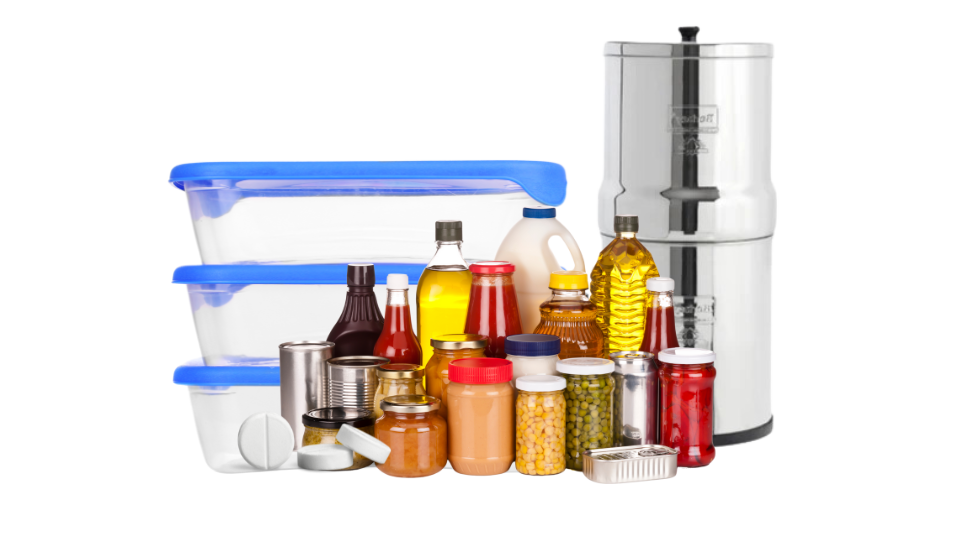Your Cart is Empty
TALK TO AN EXPERT: 1-844-945-3625
Menu
-
- Water Filter Systems
- Portable Solar Generators
- Propane Wall Heaters
- Composting Toilets
- DIY Buildings & Kits
- Canvas Tents
- Homestead & Off Grid Supplies
- Chicken Coops
- Harvest Right Freeze Dryers
- Emergency Food Kits
- Hunting Blinds
- MrCool DIY Mini Splits
- Solar Air Conditioners
- Solar Fridge & Freezers
- Camping Coolers
- Electric Coolers
- Overlanding Gear
- Two Person Cots
- Portable Sauna Tents
- Incinerating Toilets
- Dairy Equipment
- Coolers
- Faraday Defense
- EMP Shield
- Hunting Blinds
- Compost Tumblers
- Drip Irrigation Kits
- Shade Cloth
- Propane Fireplace
- Portable BBQ's
- Brands
- Chicken Coop Brands
- Composting Toilet Brands
- Solar Brands
- Food Storage Brands
- Freeze Dryer Brands
- Water Filtration Brands
- Incinerating Toilet
- Waterless Toilet Brands
- Heater Brands
- EMP Shield Brands
- Tent Brands
- Cot Brands
- Cooler Brands
- Dog Kennels
- Greenhouse & Gazebo Brands
- Portable Saunas
- DIY Shed Kits
- About Wild Oak Trail
- Resource Center
- The Ultimate Prepper & Emergency Survival Blog - Includes Free eBook
- Beginners Guide to Living off The Grid - Includes Free eBook
- Building Your Own Emergency Food Supply
- Best Survival Food to Be Prepared for Anything
- Berkey Lab Tests & Certifications
- Federal Solar Tax Credit - What You Need to Know
- BLOG
-
- 1-844-945-3625
- Login

TALK TO AN EXPERT: 1-844-945-3625
Barter Items for Prepping
Long before the invention of currency, ancient civilizations relied heavily on bartering to obtain essential goods and services. Markets bustled with activity as people exchanged almost anything—salt, meat, tools, and even livestock. These early economies flourished on the principle that value is subjective and negotiable.
In fact, it has resurged as a practical solution in various scenarios, from everyday transactions to any survival situation. Understanding the essence of bartering provides valuable insights into navigating challenging times.
Key Takeaways
- Understanding Bartering: Bartering involves trading goods and services without using money, offering valuable items like coffee, alcohol, and skills.
- High-Demand Items: Essential barter items include ammo, duct tape, soap, batteries, and laundry detergent.
- Small vs. Large Communities: Bartering in small communities builds trust and support networks, while larger areas may require organized barter markets or online platforms.
- Prepping Essentials: Stock up on consumables, daily necessities, long-lasting food items, and clean water supplies.
- Valuable Commodities: Medical supplies, tools, fuel, energy sources, and materials for clothes and shelter are vital for effective bartering.
What is Bartering?
The bartering process is simple: you offer something you have in exchange for something you need. The exchange can include almost anything—from coffee and alcohol to clothing and skills. The key to successful bartering lies in understanding the value of your items and negotiating a fair trade.
Some items, like ammo, duct tape, and soap, are in high demand and can fetch a pretty penny in trade. Other essentials, such as batteries and laundry detergent, are highly sought after and make for great bartering items.
Bartering in Small and Large Communities
In small communities, bartering often relies on close relationships and trust. Neighbors may trade items like garden produce, fresh milk, or fishing gear. The community’s size allows for a more personal connection, making it easier to negotiate and understand each other’s needs.
In these settings, bartering is not just about trading items but also about building a support network. For example, trading basic first aid supplies for home-canned food can ensure that everyone has what they need to stay healthy and well-fed. For larger communities or urban areas, bartering can still thrive but often requires more organized systems.
Barter markets or online platforms can help connect people looking to trade. For instance, someone might trade homemade soap or hand-sewn clothes for valuable commodities like coffee or batteries. These larger systems can support a wider range of trades, from entertainment items like books and DVDs to more practical supplies like toilet paper and laundry detergent.

Why Plan for Bartering?
In survival situations, cash can lose its value quickly, but having a stash of high-demand items like water filters, duct tape, and even coffee can give you leverage.
Potential Scenarios Where Bartering Becomes Essential
Bartering is essential to the following situations:
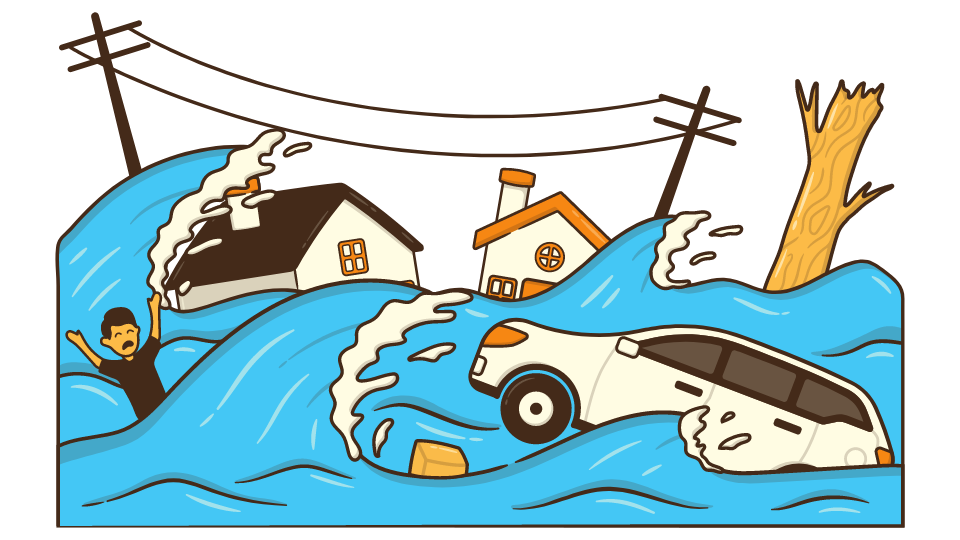
Natural Disasters
Natural disasters such as hurricanes, earthquakes, or floods can disrupt supply chains, making basic necessities scarce. Imagine a hurricane hitting your area, and suddenly, there’s no electricity, making it impossible to use your credit card or get cash from an ATM. Having barter items like batteries preserved food, and soap can help you trade for essentials that you might have run out of, like milk or toilet paper.

Economic Collapse
Economic collapse can lead to hyperinflation or a total devaluation of currency, rendering money useless. In such cases, barter becomes the primary means of exchange. High-demand items like food, water filters, and medical supplies become currency. Imagine trading a pack of batteries for a much-needed bottle of antibiotics. Having a well-thought-out stockpile can make all the difference.
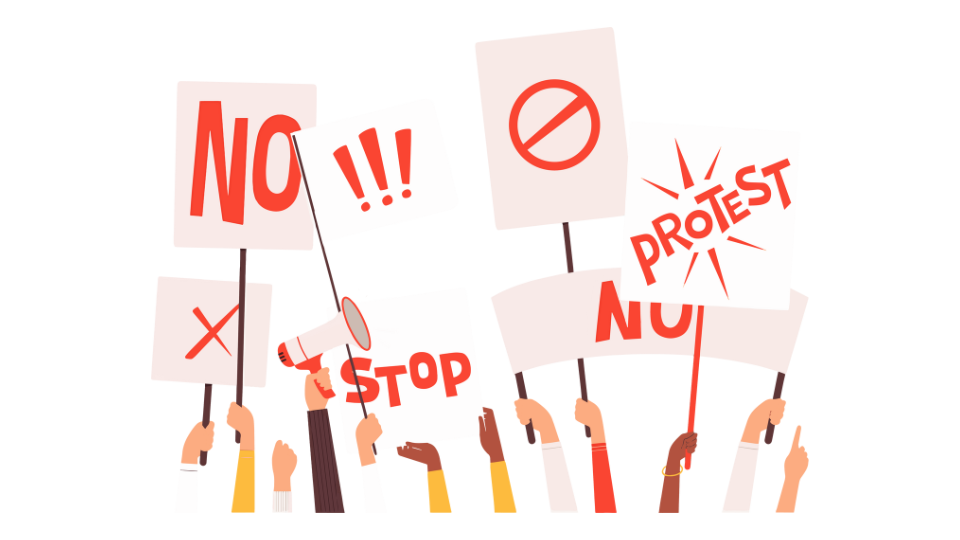
Political Instability
Political instability can cause supply chain disruptions and scarcity of goods. During such times, everyday items like detergent, chocolate, and alcohol can become valuable commodities. Trading these items can help ensure your family’s safety and comfort when shops are empty and the market is unreliable.
Essential Barter Items for Prepping
To be prepared, stocking up on high-demand consumables and daily necessities is a no-brainer, such as:
Consumables and Daily Necessities
Stocking up on these essentials ensures that you and your family feel clean and comfortable, even in the most challenging times:
- Toilet paper and soap: Essential for hygiene and cleanliness.
- Detergent: Keeps clothes clean and fresh.
- Duct tape: Invaluable for repairs and various uses.
- Batteries: Necessary for flashlights and other battery-operated devices.
These items will be highly sought after in a crisis and can be used to barter for anything you might need.
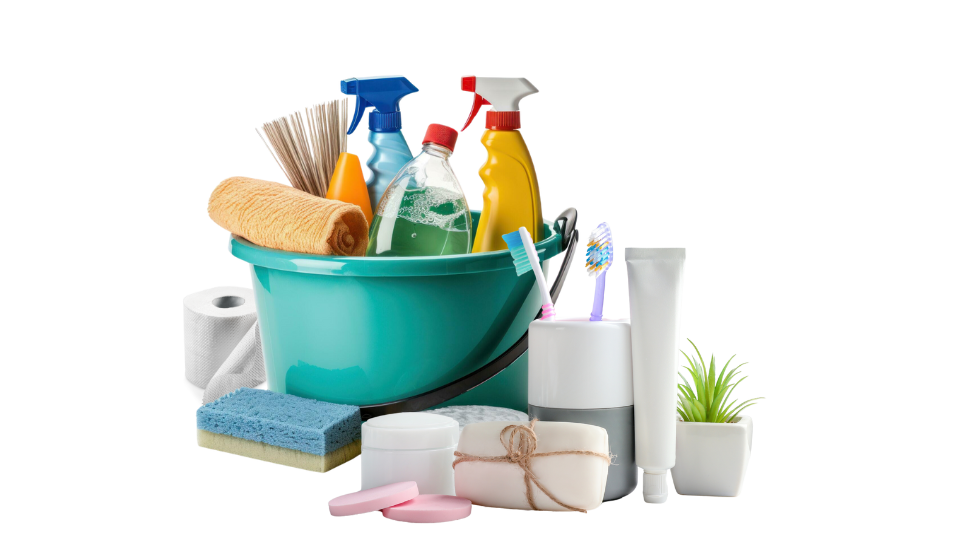
Food and Water Supplies
Food and water are essential for survival, and having a good stockpile is key. Focus on long-lasting food items that are easy to store and prepare.
Long-Lasting Food Items
Canning, drying, and vacuum sealing help preserve food. Learn these techniques to create your own stockpile of preserved foods. For example, canning your garden’s harvest or dehydrating fruits and vegetables ensures you have nutritious options available.
Meanwhile, you could also get your own food, such as:
- Canned goods: Stockpile a variety of canned fruits, vegetables, meats, and beans to ensure a balanced diet.
- Dried foods: Dehydrated fruits and vegetables, as well as rice and pasta, have long shelf lives.
- MREs (Meals Ready-to-Eat): Convenient and nutritious meals that are easy to store and prepare.
Clean Water and Purification Tools
To ensure you have safe water, get the following:
- Water filters: Essential for making contaminated water safe to drink.
- Purification tablets: A convenient and portable solution for water purification.
- Large water storage containers: Necessary for storing clean water.
Regularly rotate your water supply to keep it fresh, and consider having a backup method, like boiling, for water purification.
Valuable Commodity for Bartering
The following are valuable commodities for bartering:
Medical and First Aid Supplies
Medical and first aid supplies are among the most useful commodities in a barter economy. Basic first aid knowledge, combined with basic medical items, can be life-saving.
Key medical items:
- Over-the-counter medications
- Bandages and disinfectants
- Specialty medical supplies for chronic conditions (insulin, inhalers)
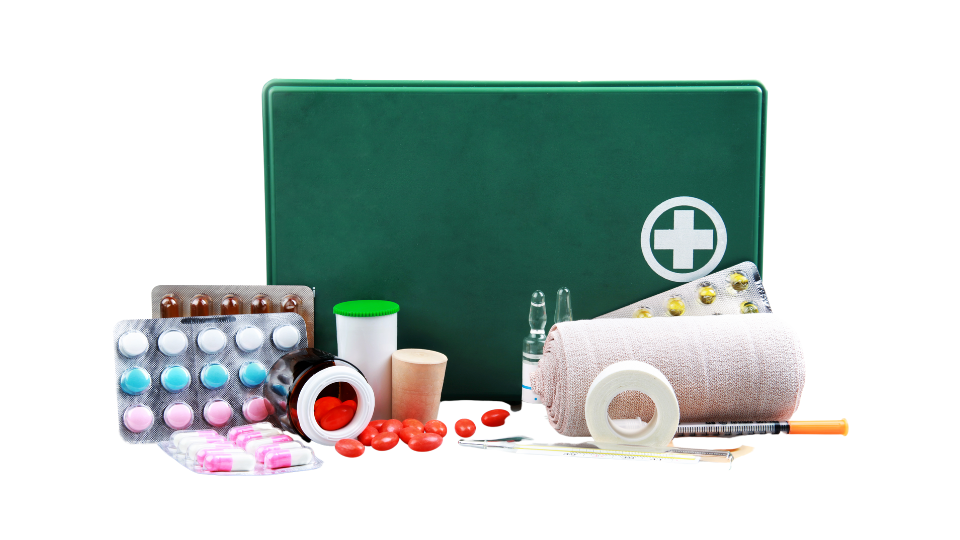
Tools and Equipment
Offering repair services, carpentry, and mechanical skills can be just as valuable as the tools themselves. Skills become a form of currency. Being able to fix a leaking roof or repair a generator can garner significant trade value.
Basic tools:
- Multi-tools
- Manual hand tools
- Repair kits
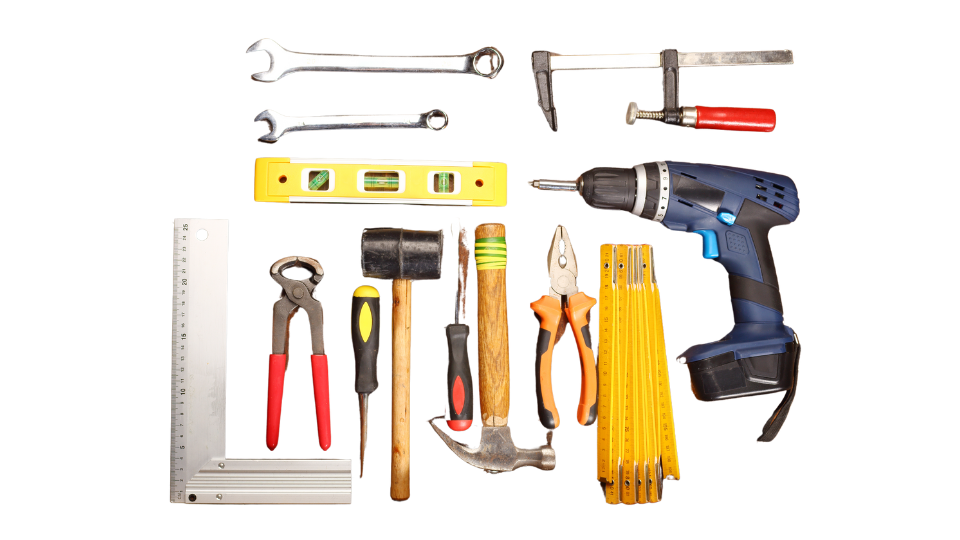
Fuel and Energy Sources
Fuel and energy sources are necessary in a survival market. Safe storage and handling of these fuels are crucial to avoid accidents and ensure longevity.
Types of fuel:
- Gasoline
- Propane
- Alternative energy sources
Renewable energy solutions, like solar panels, wind turbines, and manual generators, offer a sustainable barter item. Solar panels, in particular, are a great item to stockpile to harness sunlight and convert it into power.
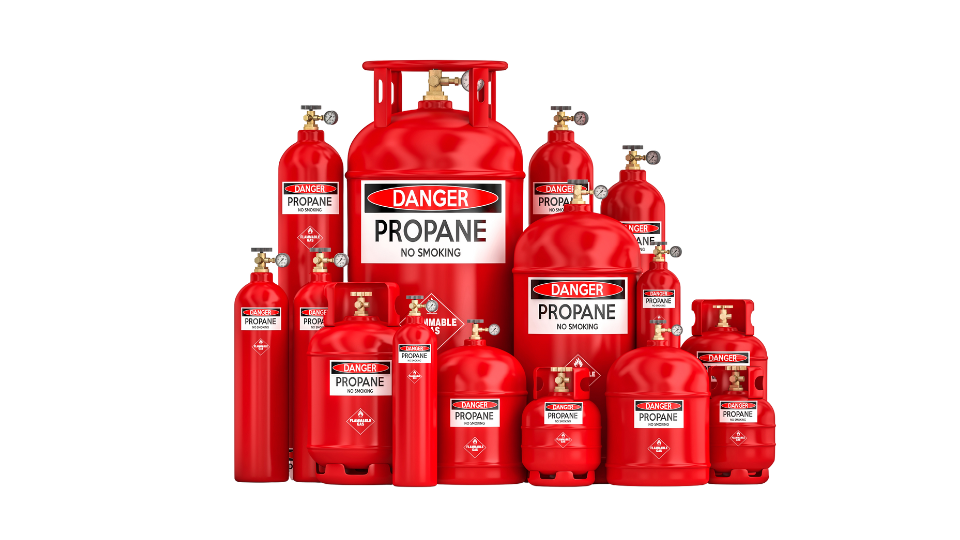
Clothes and Shelter
Stocking up on durable clothing and materials to repair or build shelter boosts creature comfort.
- Heavy-duty gloves
- Sturdy boots
- Waterproof clothing
Trading materials to build or repair shelters, such as tarps and nails, can also be indispensable. Having a safe, dry place to sleep is a fundamental need. Ensuring a stockpile of these materials can provide significant bartering power.
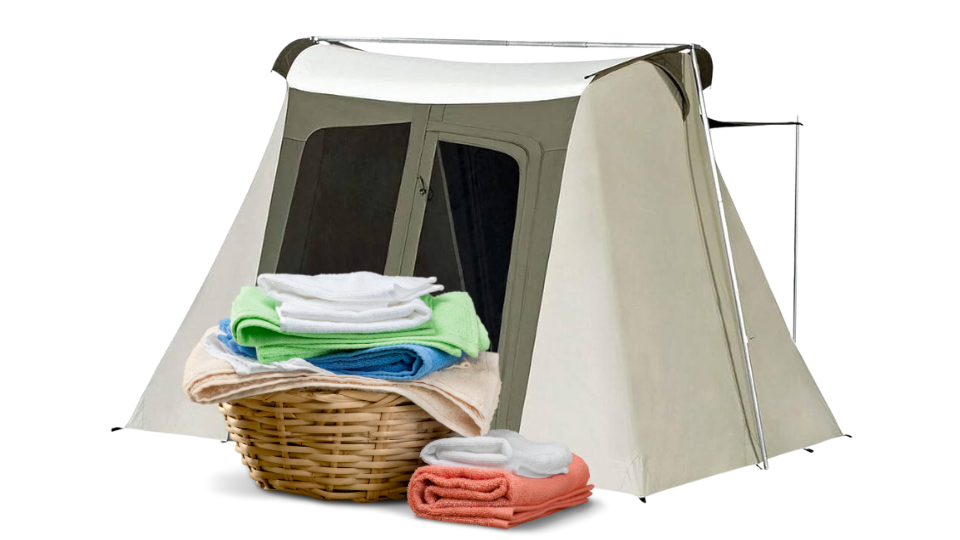
Conclusion
In conclusion, bartering remains a viable and practical solution for acquiring essential goods and services, especially in survival scenarios. By understanding the value of various items and effectively negotiating trades, you can ensure your needs are met even when the traditional currency loses its worth.
Essential items like food, water, medical supplies, and tools are invaluable in these exchanges, providing leverage and security in times of crisis. Preparing a stockpile of high-demand consumables and other items not only enhances your readiness for emergencies but also builds a foundation for a supportive community network through mutually beneficial trades.

Have any questions or would like to place an order? We'd love to help! Chat with our friendly customer service team by calling 1-844-945-3625, chatting in on our website or email us at customersupport@wildoaktrail.com. We look forward to hearing from you!
Leave a comment
Comments will be approved before showing up.
